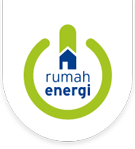Misplaced Subsidies: It’s Time for Cooperatives to Drive Energy Equity
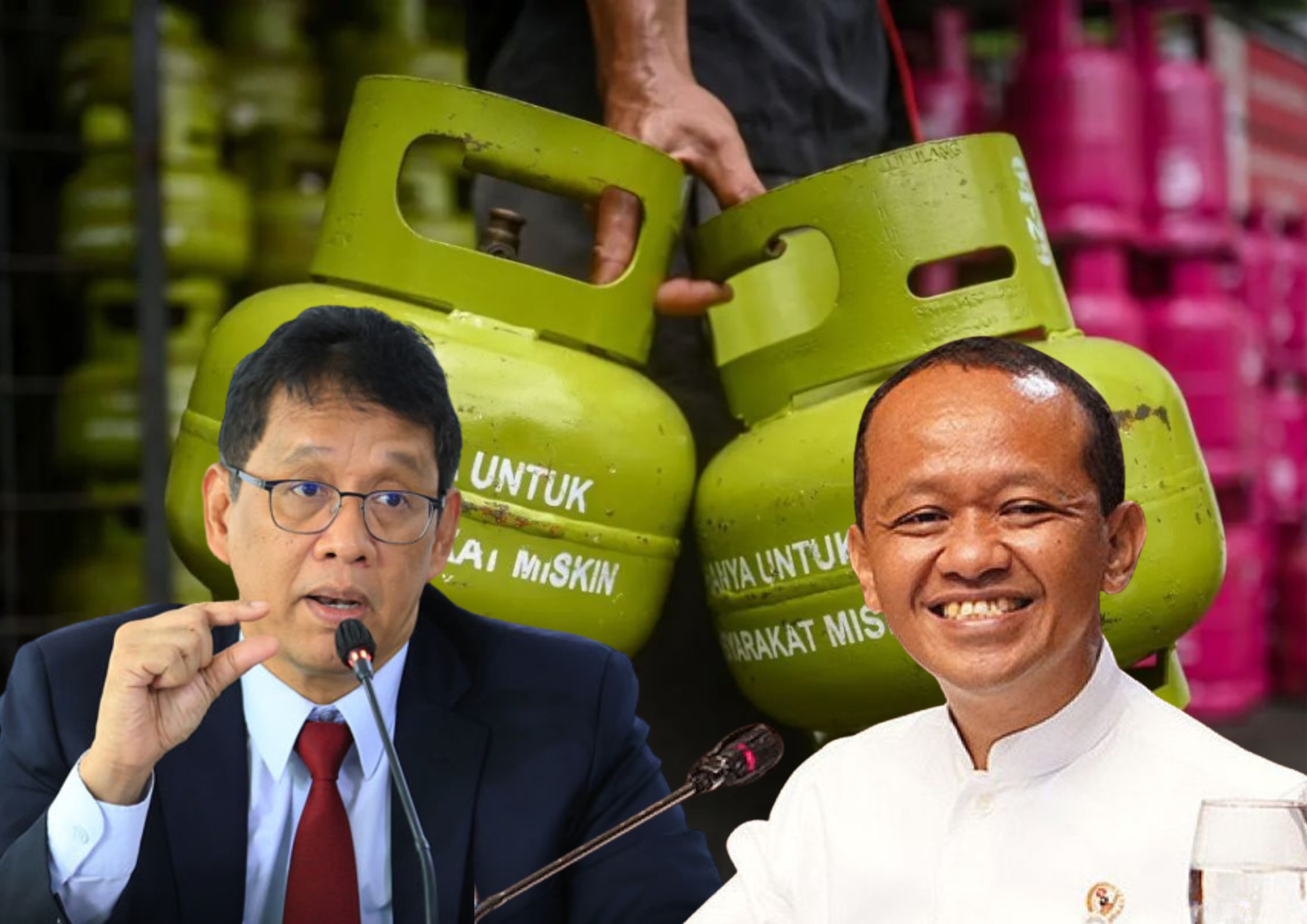
During a working meeting with Commission XI of the House of Representatives in September 2025, Minister of Finance Purbaya stated that the state, through the national budget (APBN), bears 70% of the subsidy burden—or around IDR 30,000 per 3-kg LPG cylinder—so that consumers only pay IDR 12,750 per cylinder. The statement was later challenged by Minister of Energy and Mineral Resources Bahlil, who argued that the data was inaccurate due to a misreading by the newly appointed finance minister. “Perhaps he misread the data—it happens; he’s still adjusting,” Bahlil told reporters at the BPH Migas office on Thursday, October 2, 2025.
Beyond the political debate, in many regions, the retail price of 3-kg LPG cylinders remains far above the government’s official ceiling price (HET). This reality reveals that the government’s well-intentioned subsidy has yet to fully reach its intended beneficiaries, as leakages persist throughout the distribution chain.
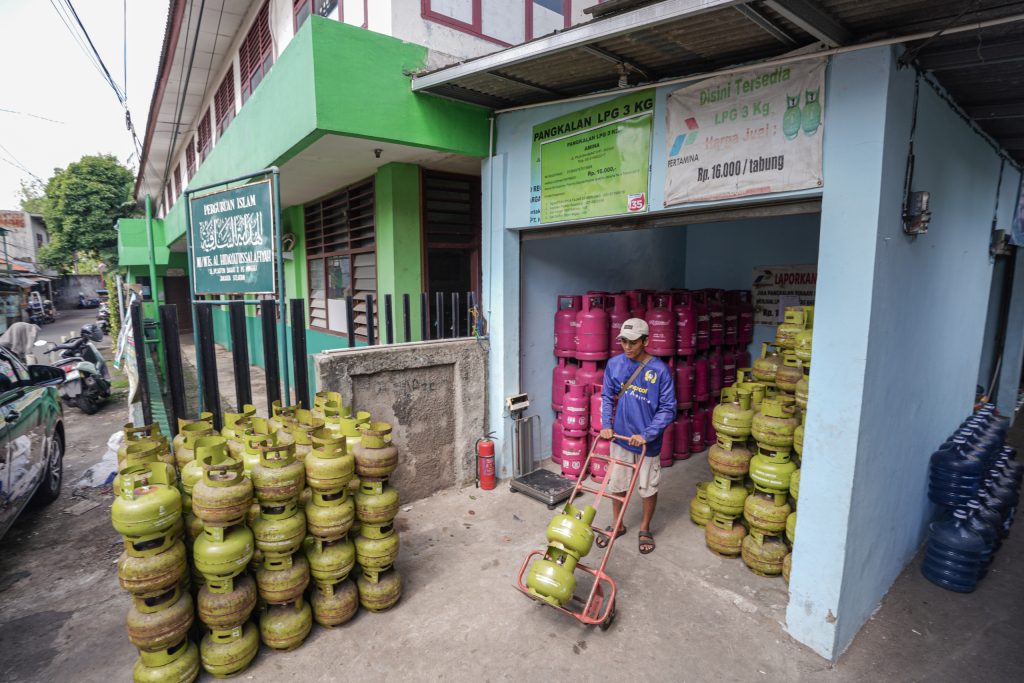
The core issue lies in an inefficient and multi-layered supply chain. From agents to retailers, each layer adds a price margin to cover logistics or gain extra profit. As a result, low-income households and micro-entrepreneurs in rural and peri-urban areas end up paying prices that no longer reflect the government’s subsidy. To address this, Indonesia needs a more transparent, efficient, and community-centered distribution model.
Cooperatives present a fair and practical solution. With their democratic structure and deep community roots, local cooperatives—such as those managing basic goods or transport services—can take charge of LPG distribution at the grassroots level. Through cooperative systems, LPG can be delivered directly to poor households and micro businesses without intermediaries, while collective management of logistics can lower transportation costs. In this way, cooperatives serve not only as economic institutions but also as instruments of energy equity, ensuring that subsidies reach the people who need them most.
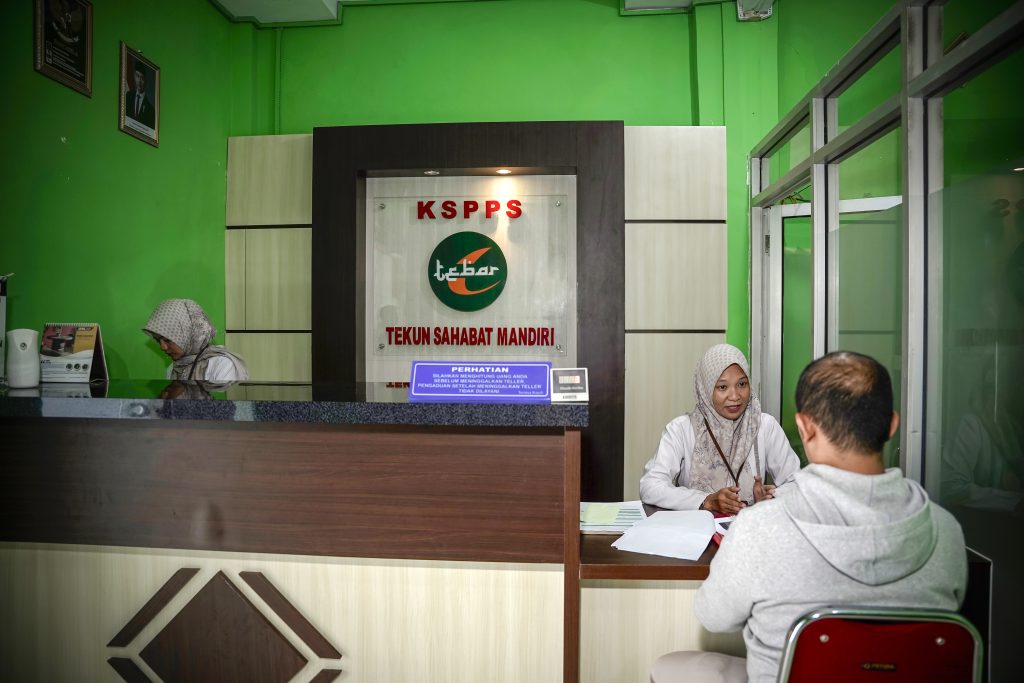
Moreover, cooperatives can play a central role in advancing the transition toward clean energy. By leveraging collective financing schemes, they can facilitate the installation of household solar panels or the development of biogas systems from organic waste. These initiatives reduce dependency on fossil fuels and subsidized LPG while strengthening local energy self-sufficiency.
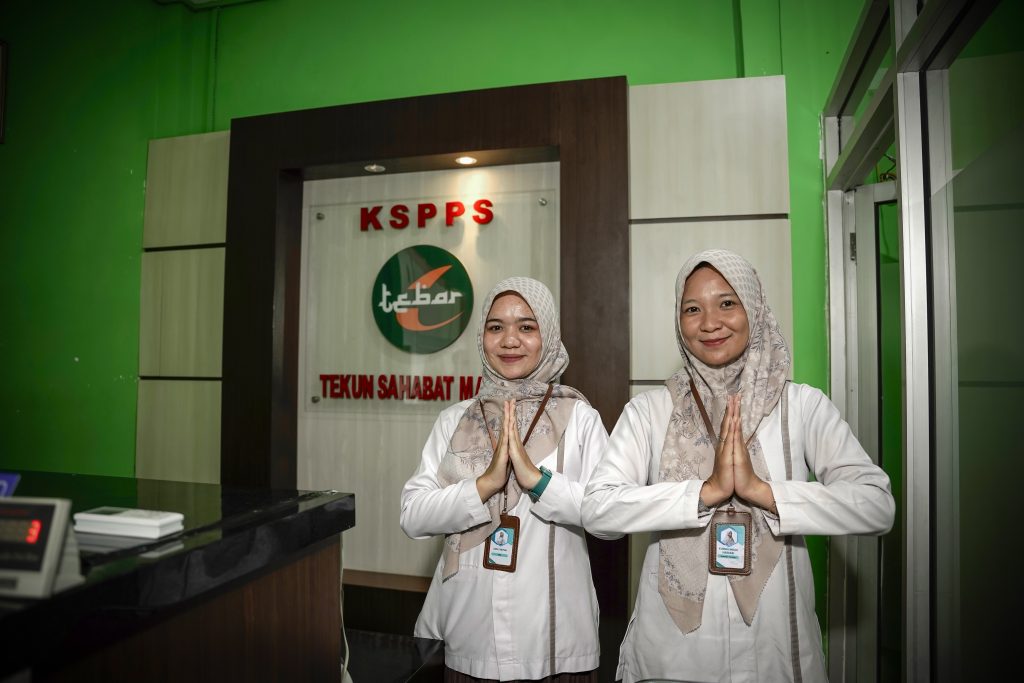
Energy equity cannot rely on subsidies alone—it requires participatory and innovative governance. By empowering local cooperatives and developing alternative energy sources such as solar and biogas, Indonesia can reshape its energy system to be more just, self-reliant, and sustainable—where energy serves as a tool for empowerment, not merely a fiscal burden. These efforts align with the spirit of Indonesia Berdaya, a vision that champions energy independence from the village level, strengthens the people’s economy, and ensures equitable access to clean energy for all.
Written by: Jenni Irene Connie
Edited by: Fauzan Ramadhan
